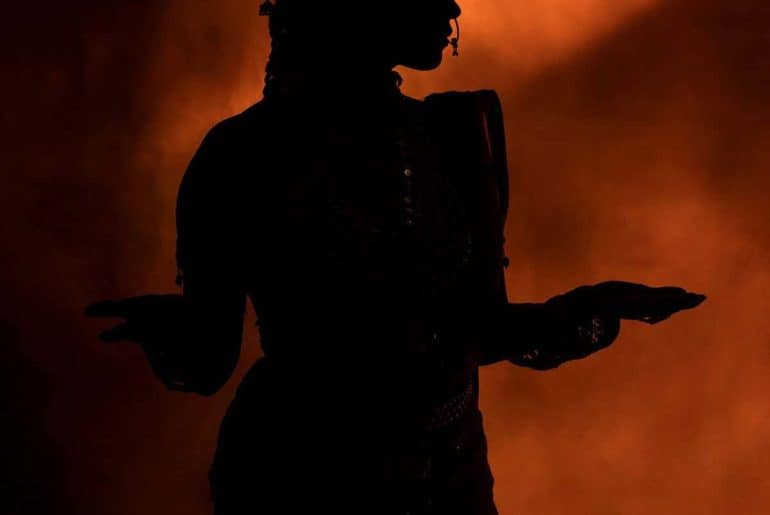The story of Draupadi ended years ago, or did it? Here is an insight into the inner turmoil faced by her. The story of Draupadi, to Draupadis.
One of the contemporary, and not very appealing facts is that we can still relate to Draupadi, a woman who was ‘ahead of her times’ centuries ago is still considered the same, and mind you, it is 2019, you can do the math.
There is not just a single Draupadi, but several Draupadis, right where you are sitting, if you hover your eyes around the room.
An introductory lecture on Draupadi is a hard nut to crack but one can furnish in a nut-shell. Draupadi, the daughter of King Drupad, born out of fire, the courtroom is an account everyone knows.
In Chitra Banerjee Divakaruni’s “The Palace of Illusions”, turn pages to the marriage of Draupadi which draws light on the created illusion of swayamvar. What if one tells you that Banerjee waves a creation which lets you know that the swayamvar was not a swayamvar but a marriage of convenience? The forbidden fruit of right to choice is what most of us don’t savour.
The marriage of Draupadi to all the Pandavas is another source of wrinkles on one’s forehead. Kunti – a woman, mother of Draupadi’s husbands, making a turbulent decision which alters her life henceforth. In epics, daily soaps, secret domestic tales it is very common?
The infamous vastraharan (de-clothing) of Draupadi is a question on inner conscience. Dragged to a court while menstruating, barred of her clothes- such was the plight of Draupadi. All done for a cause that doesn’t even qualify to be a cause- the game of dice, the inflaming addiction, the addiction of power. And a quick update- these so-called causes source upon many Draupadis, the worst part- future seems to be as monotonous as the past and the present.
While one may defend- “well someone’s (you know the name) superior powers did save her from the plight. But here is an eye-opener- the ‘someone’ was absent from the picture, Draupadi’s self- strength led to the incessant, never-ending cloth. Many Draupadis fight, fight for themselves, yet lie in the shackles of silence.
Here is a situation – a woman deprived of her fundamental rights, outraged in a room full of ‘honourable entities’, with no help from all the four sides of the walls, stands alone – isn’t this a contemporary fact? This episode exists, repeats and continues.
Draupadi was always a pawn in a game of chess- born for the cause of revenge, married for the sake of political alliance and finally reduced into a stake at the game of dice.
Irawati Karve through her work- “Yuganta” gives us an insight into the inner psychology of Draupadi through incidents. After the game of dice, when Dhritrashtra intervened as the indecency had gone too far and feared terrible consequences, grants Draupadi three wishes wherein she saves the Pandavas of the impending doom. “… but Draupadi has re-established peace. Like a boat, she has saved the Pandavas when they were about to drown in a sea of disgrace. The taunt that they had been saved by a woman infuriated Bhima.”
How many times has the society stitched the lips of women, tied their hands and reduced them to speechlessness? Draupadi’s power affected egos, Draupadis still exist, their power affects ego.
Draupadi was unapologetically herself. Karve tells us more about Draupadi when her brother visits her in the forest (during the period of exile) she says, “I have neither husbands, nor a brother, nor a father. If I had, do you think they would have stood for my being insulted like this?”
In the 21st Century sitting in our living rooms, it is a shame that we can relate to the problems of Draupadi, it is time to address these problems and not relate to these.
Feature Image Credits: Focuz Studios
Priyanshi Banerjee




Comments are closed.